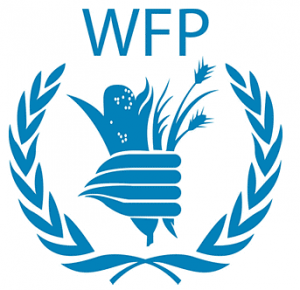WFP aids low-income farmers to boost food production
 The World Food Programme (WFP) has pledged to step up efforts at helping to build the capacity of small-holder and low-income farmers to substantially raise crop yield.
The World Food Programme (WFP) has pledged to step up efforts at helping to build the capacity of small-holder and low-income farmers to substantially raise crop yield.
Ms. Magdalena Owusu Moshi, the Deputy Country Director, said they would continue to aid them to update their knowledge and skills in production and post-harvest handling and processing of local food stuffs – cassava, maize, soybean cowpea, yam and rice.
They would also be sensitized on the use of appropriate agricultural equipment, how to access marketing opportunities and provide them with technical support services.
Ms. Moshi, who was addressing a consultative meeting on the WFP’s Purchase for Progress (P4P) Initiative at Akyawkrom, in the Ejisu-Juaben Municipality, described as quite disheartening the situation, where in spite of the critical role played by small-holder farmers in food production, “they are the most food-insecure people in most countries”.
It was for this reason that the world body was liaising with agricultural-based organizations and international development agencies to address the issue, she said, adding that, since no single body could eliminate hunger, and that, all would have to work together.
The workshop was attended by low-income famers drawn from Ashanti and the Northern Region, as well as agricultural researchers and technocrats.
It provided the platform to review the achievements and challenges of the “P4P” implementation in Ghana, share lessons, to identify priority areas for 2015 and the way forward after the pilot phase, with the view to mainstreaming it into the country programme of the WFP.
Ghana is one of the countries where the initiative had been piloted for five years. This phase of implementation ends this year.
Under it, 4, 000 metric tonnes of mainly maize, worth US$1.6 million, was bought by the WFP from Ghanaian farmer organizations.
Ms Moshi said, additionally, beneficiary farmers were helped to acquire agricultural equipment, including grain moisture content meters, rice reapers and threshers, weighing scales, mechanized parboilers and other logistics.
Alhaji Muhammad Bawah Braimah, the Municipal Chief Executive for Ejura-Sekyedumase, applauded the WFP for exposing farmers to modern agricultural practices to enhance food security.
Source: GNA
